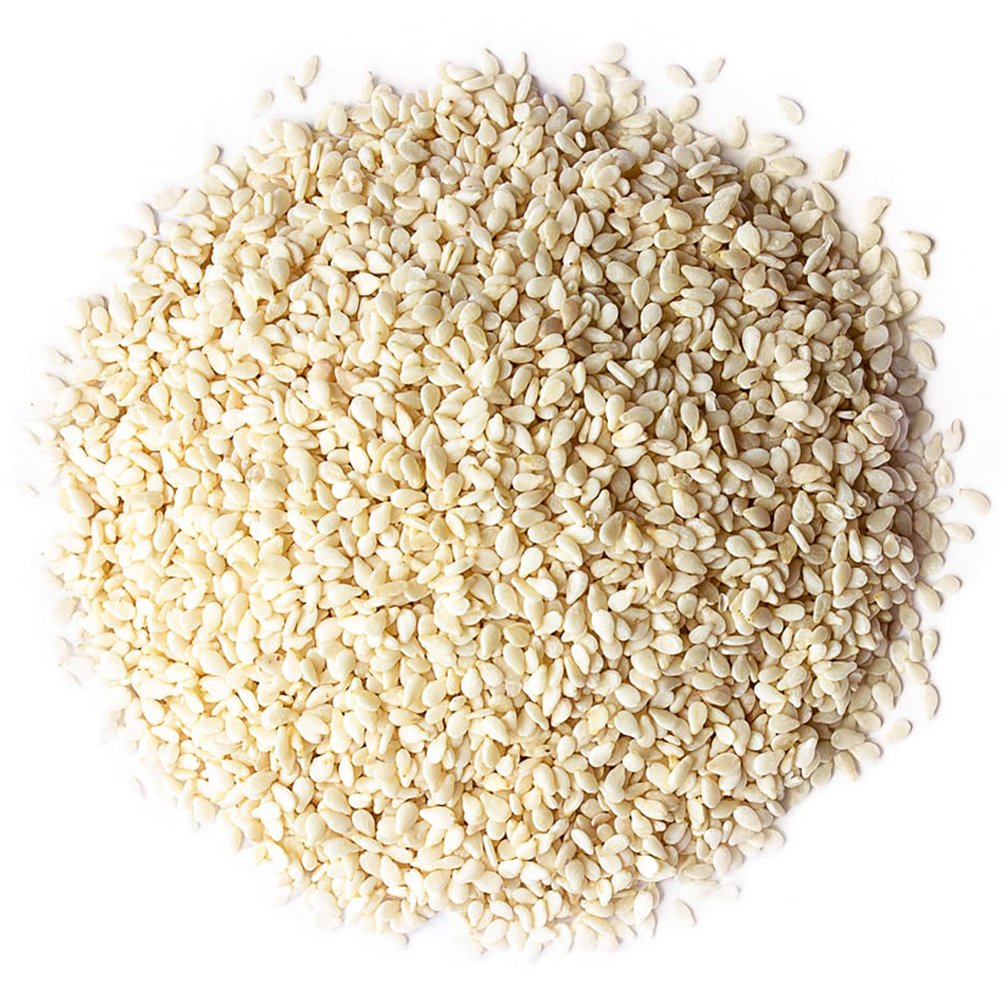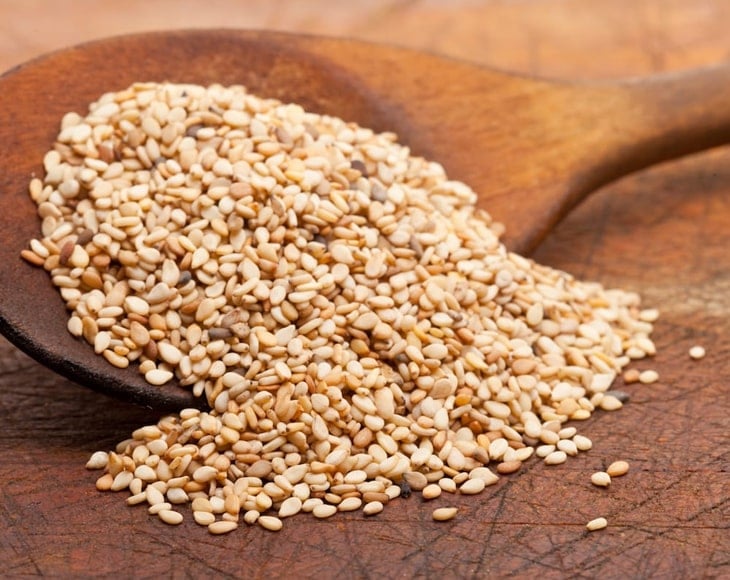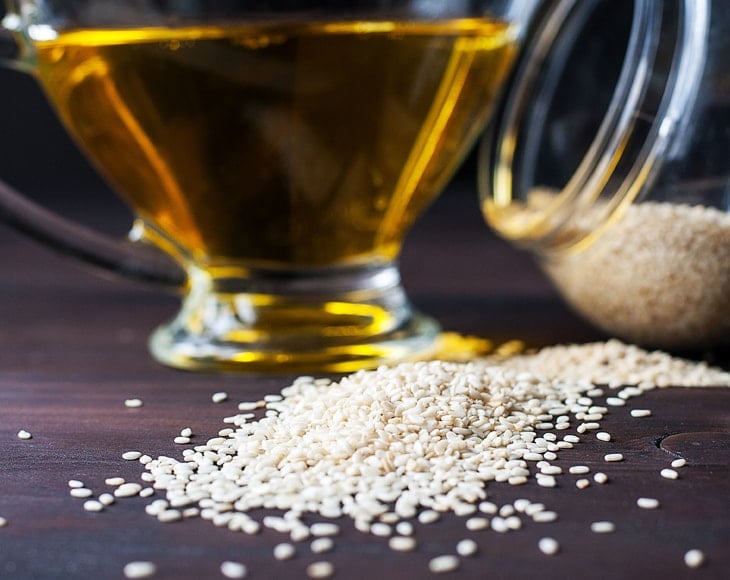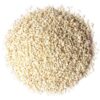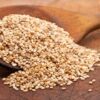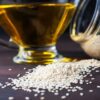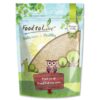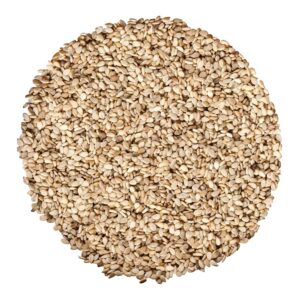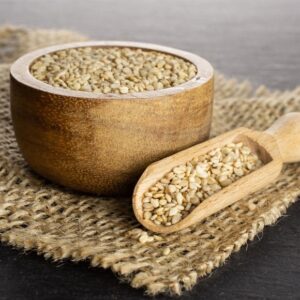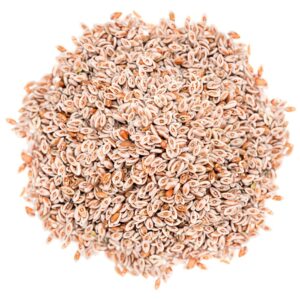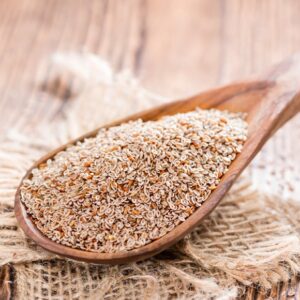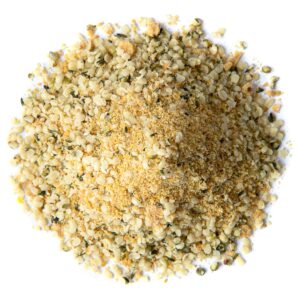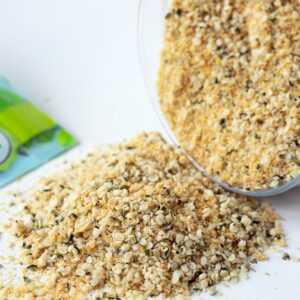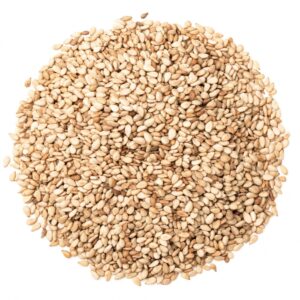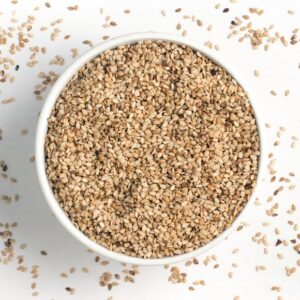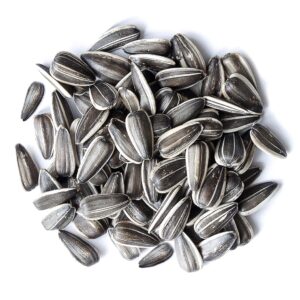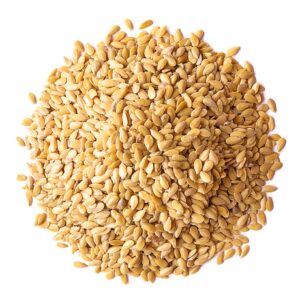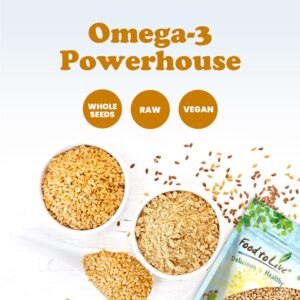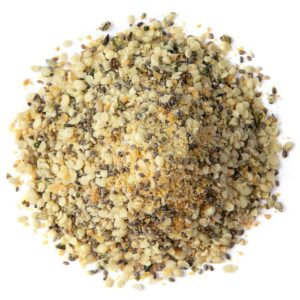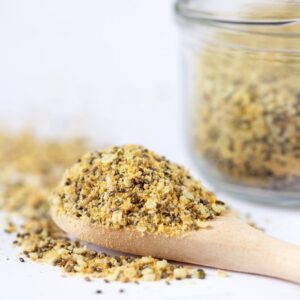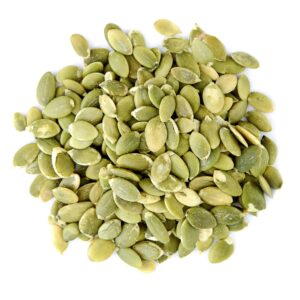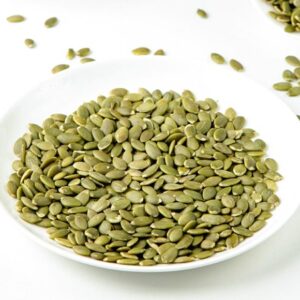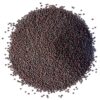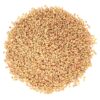Sesame seeds are tiny, but this is one of the healthiest foods you can find. They have a delicious nutty taste and work well in a great variety of dishes worldwide. People discovered numerous health benefits of sesame seeds centuries ago. Besides, you can find notes of sesame seeds and their oil in ancient Assyrian and Hindu legends. Furthermore, there are some old Egyptian tomb paintings that feature bakers adding these seeds to bread dough. During ancient times, people believed that sesame seeds have some miraculous properties that made a person healthier and increased longevity. Many of those purported health benefits of old have been researched and proven valid by today’s scientists.
Health Benefits of Sesame Seeds
The number of health benefits provided by sesame seeds is huge.
- Maintain and support blood sugar levels The high content of magnesium and other important nutrients allows sesame to support sugar levels and improve plasma glucose in those who suffer from it.
- Normalizing blood pressure Magnesium is one of the key elements that lowers blood pressure.
- Lowering the level of cholesterol Sesame seeds contain phytosterols. It’s a healthy plant-derived type of cholesterol that reduces the level of harmful cholesterol in your body. Therefore, it helps protect your arteries and strengthens your cardiovascular system. The content of phytosterols in these seeds is the highest among all similar foods.
- Improves digestion These seeds are a vibrant source of healthy fiber that safely cleanses your intestines.
- Improves the condition of skin and hair Due to high zinc and calcium content, the seeds promote skin health as well as strengthen hair and nails.
- Relief for rheumatoid arthritis pain The high content of copper allows the seeds to reduce swelling and pain caused by rheumatoid arthritis. This particular nutrient also helps lysyl oxidase (an enzyme which is essential for linking elastin and collagen) to stay active, thereby reducing the risk of developing arthritis and other conditions that affect joints.
- Support and Maintain Bone Health Sesame seeds contain a great deal of highly absorbent calcium and zinc. These elements are essential for bone health. Moreover, they reduce the risk of developing osteoporosis in older adults.
- Liver protection Sesamin, a unique nutrient contained by sesame seeds, protects your liver from harmful effects of oxidation.
Sesame Seeds Suggested Uses
Sprinkle the seeds on biscuits, add them to dough when baking bread or buns, add some to salads or mix with almonds and peanuts to make sugary Indian sweets.
How to Sprout Sesame Seeds at Home
- Yields approximately 3 Cups (1/2 lb.) of Sprouts. Prep 3 Tablespoons of seed, then transfer into a bowl or into your Sprouter. Add 2-3 times as much cool (60°-70°) water. Mix seeds up to assure even water contact for all.
- Allow seeds to soak for 6-12 hours. Empty the seeds into your Sprouter (if necessary). Drain off the soak water. Rinse thoroughly with cool (60°-70°) water. Drain thoroughly! Set your Sprouter anywhere out of direct sunlight and at room temperature (70° is optimal) between Rinses. Ensure sufficient air-circulation is provided.
- Always be sure to Drain very thoroughly. The most common cause of inferior sprouts is inadequate drainage. Rinse and Drain again every 8-12 hours for 3 days.
Enjoy your home-made sprouts! 


